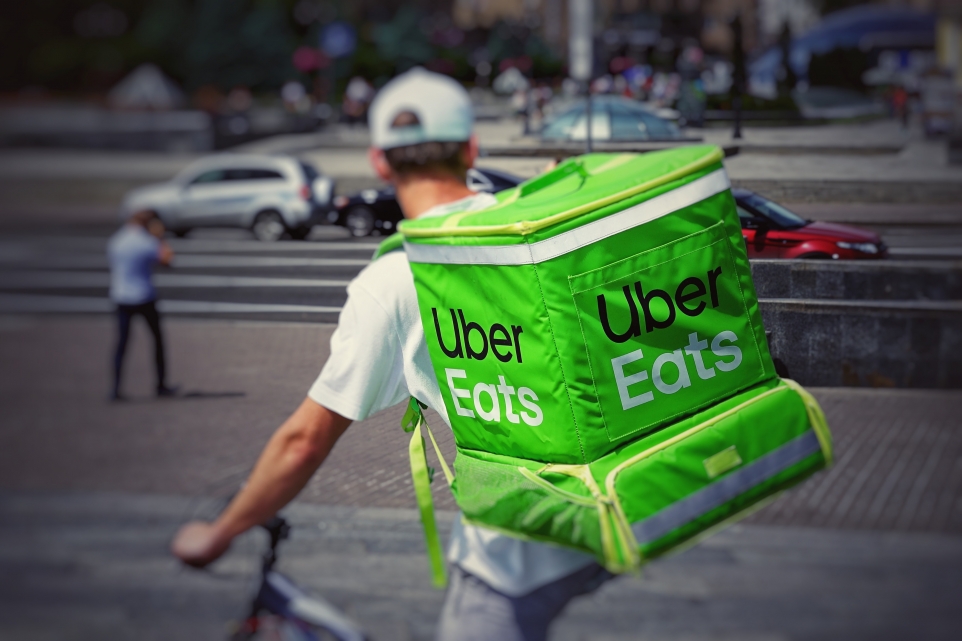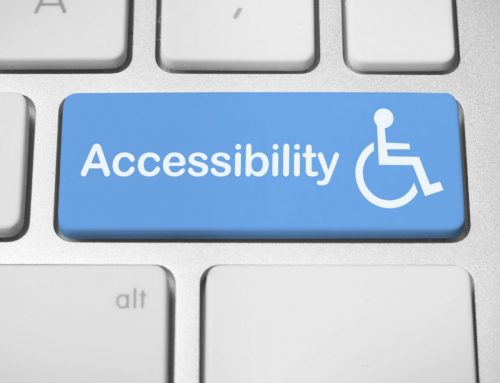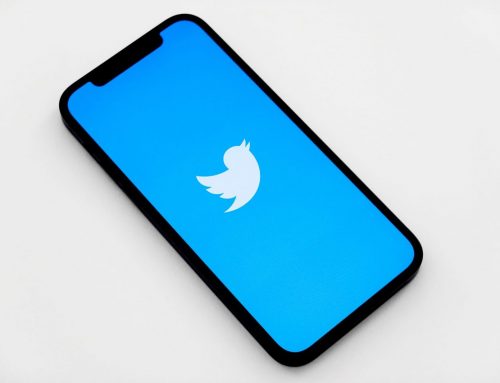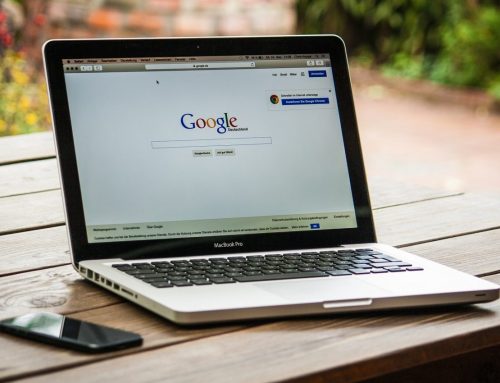The gig economy has brought lots of convenience to our daily lives. We can now hail a ride or nab a place to stay for the night with just a click of a button. But could we be paying a price for all this convenience? In this post we take a look at a British journalist who exposed poor and possible dangerous practices on the Uber Eats platform.
BBC News in the United Kingdom recently conducted an investigation in which they were able to register a fake burger restaurant on Uber Eats and actually have someone place and receive an order from this entirely fictional eatery.
During the course of the investigation, the BBC journalists registered a company called Best Burger Corporation on Uber Eats without providing any proof that the company actually existed and without having to prove that the company had passed required hygiene checks. While Uber Eats did ask them during the application process if they had performed such checks, it was sufficient for the reporters to say that they would be getting checked soon.
A few days after applying, Uber Eats sent the Best Burger Corporation all necessary equipment to get them up and running — again, without having to supply any proof that they actually existed — and the BBC had noted food safety expert Mark McGlinn order a burger from their fake restaurant.
What happened next is nothing short of astonishing. The BBC had a guy grill a hamburger on a barbeque in front of a house in London, and an actual Uber Eats driver stopped in front of it, picked up the burger from the man without a second thought and delivered it to McGlinn.
McGlinn was shocked that he was even able to order the burger in the first place, but he became really shocked when he actually received it. He also described the entire event as alarming. He said that if a major food delivery platform can operate in such a fashion, then we are indeed living in what he called “desperate times.”
McGlinn was not the only person shocked at what had transpired. Heather Hancock, who is the chairperson of the UK’s Food Standards Agency, said that she was horrified after the BBC showed her footage of the event.
It appears that even Uber Eats was horrified. They have since issued a statement in which they called what had happened “unacceptable.” They said that not only were they concerned that someone had breached their food safety policy, but that they were taking immediate steps to rectify the application process for new food establishments and that they would make certain that such breaches would not happen again.
At the same time, a British TV show called “Got Your Back” has exposed how Uber Eats delivers food from poor-quality food establishments, in spite of their official policy. The show determined that one out of every 5 restaurants in London that have a terrible hygiene rating were able to have their restaurant prominently featured on Uber Eats.
Once again, Uber Eats issued a statement, in which it stated that the company takes food safety very seriously. They further insisted that all restaurants on their platform must have a passable food hygiene rating in order to be listed in their app, and, like with the BBC controversy, they promised to rectify the situation immediately and to prevent it from ever happening again.
Still, it may give you some reason to pause before ordering your next meal from your phone.








Leave A Comment